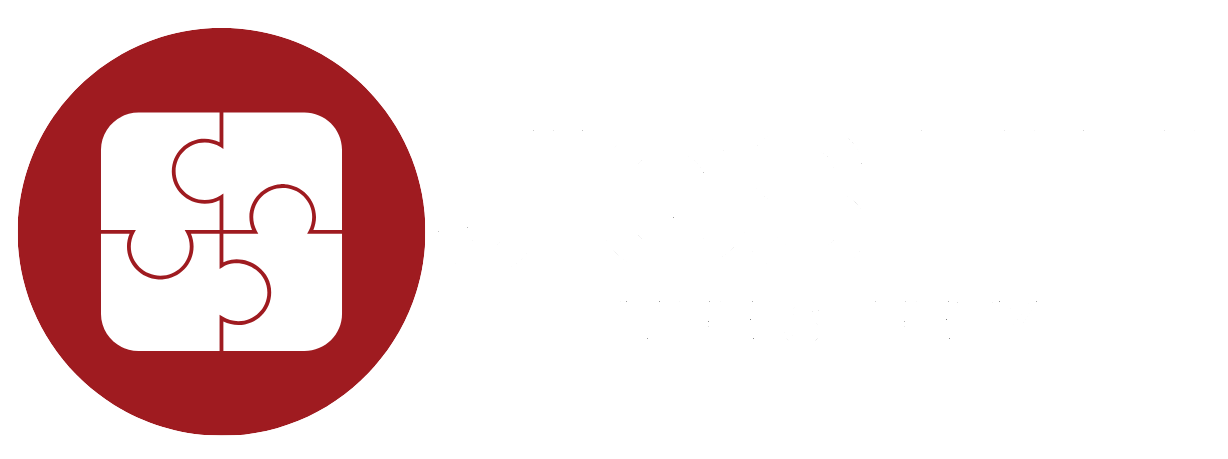At Jigsaw, we often see the requirement for fire alarm systems overlooked in smaller projects, particularly in sprinklered buildings. According to Section 907 of the Massachusetts State Building Code, there are specific thresholds that determine when a fire alarm system is required. These thresholds are often higher than many realize, meaning that many smaller buildings do not require the installation of a fire alarm system. For example:
- An office building does not require a sprinkler system unless the occupant load for the building exceeds 500 people (roughly 50,000 sf) or where the occupant load above or below the level of discharge exceeds 100 people (roughly 10,000 sf).
- A condo building does not require a fire alarm system unless there is a dwelling or sleeping unit three or more storied above the lowest level of exit discharge, typically, a four-story building or where the unit contains more than 16 dwelling units. Up until these thresholds, house-powered smoke alarms within the units are acceptable.
While many buildings are provided with a fire alarm system that is not code required, Section 907 is not the only consideration for requiring a fire alarm system. In cases where a sprinkler system is provided or required, a fire alarm system may also be necessary, even if it is not explicitly required by Section 907.
In jurisdictions outside of Massachusetts, a project that requires a sprinkler system – but not a fire alarm system under Section 907 – may only require a sprinkler monitoring system. This system requires a fire alarm panel to monitor sprinkler valves and detect water flow. Importantly, occupant notification would not be required in such cases.
However, Massachusetts requires all sprinkler monitoring systems to be provided with notification throughout through an amendment to Section 903.4.2. This requirement does not apply to buildings protected by an NFPA 13D sprinkler system, as outlined in the exception to this section.
The reader should note that an NFPA 13D outlines the requirements for sprinkler systems installed in one- and two- family dwellings but Massachusetts allows for these systems to be provided in three-family dwellings as well. Due to this ambiguity in the application of NFPA 13D, certain jurisdictions such as Boston and Cambridge have interpreted this to mean that occupant notification is required throughout sprinklered three-family homes, even when they are permitted to be protected by an NFPA 13D system.
Therefore, any sprinklered building in Massachusetts—except one- and two-family residences—should be designed with the expectation that notification will be required throughout, triggered by the sprinkler water flow device. If your project is located outside Boston or Cambridge, early-stage discussions with the local code official are highly recommended. If your project includes dwelling or sleeping units, be sure to check out our blog on low-frequency sounders.





